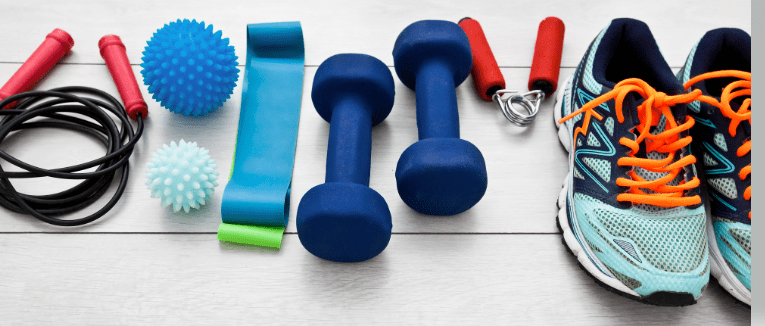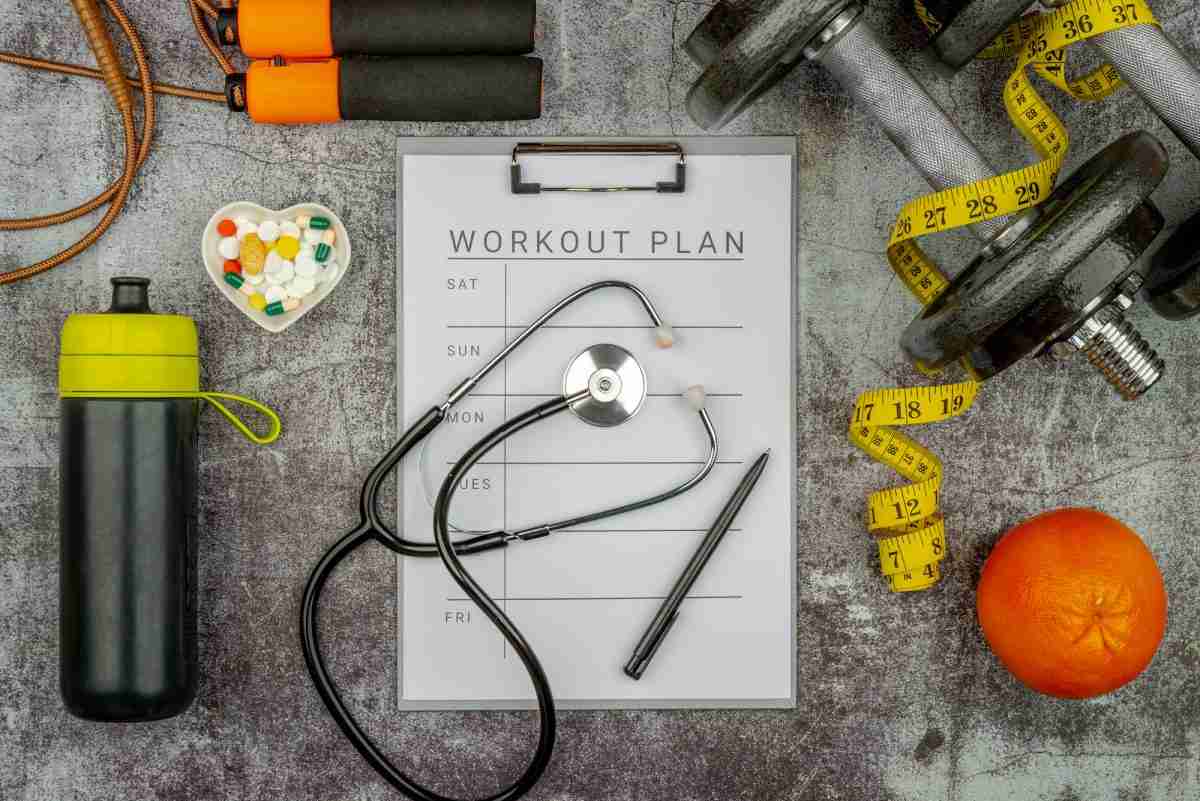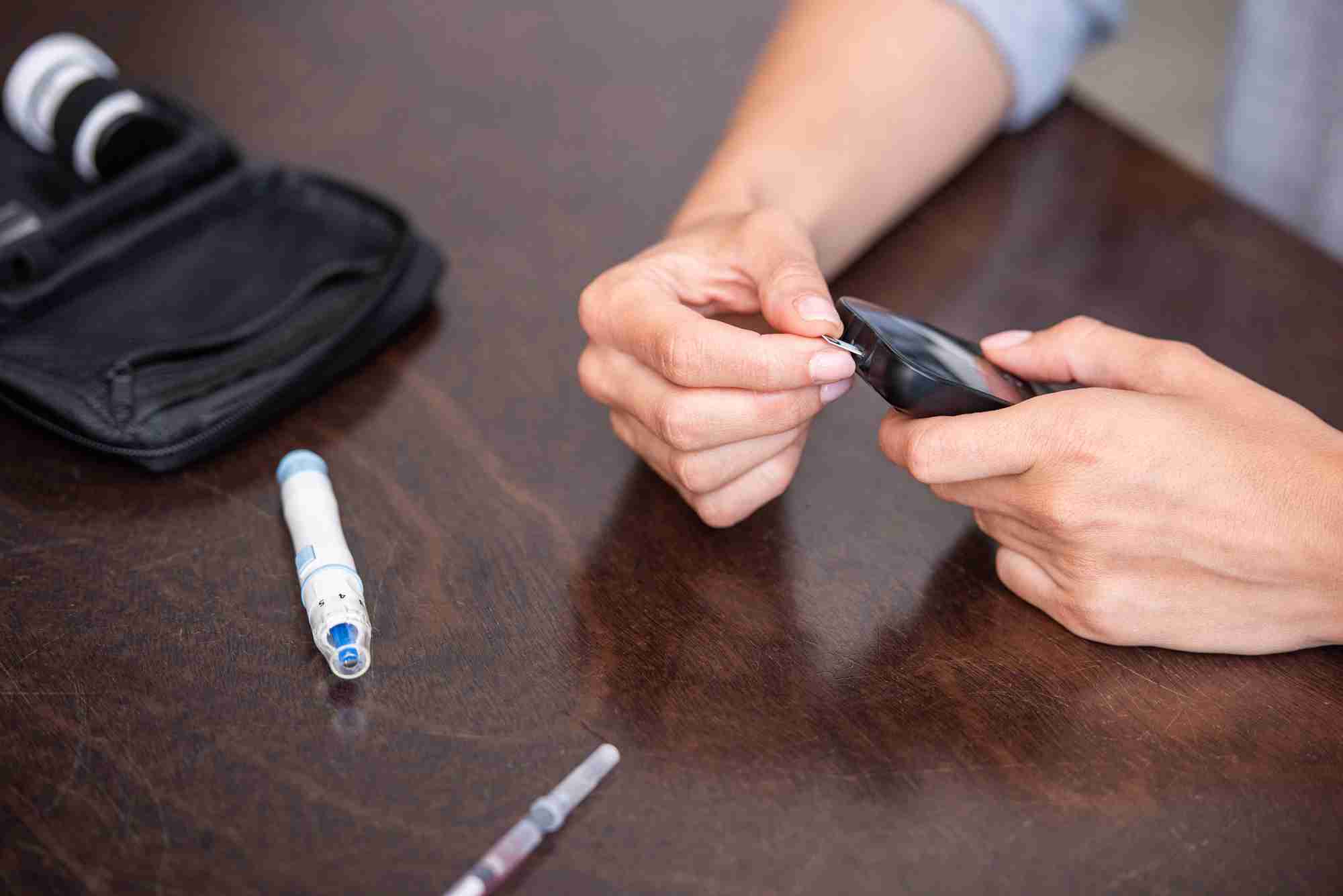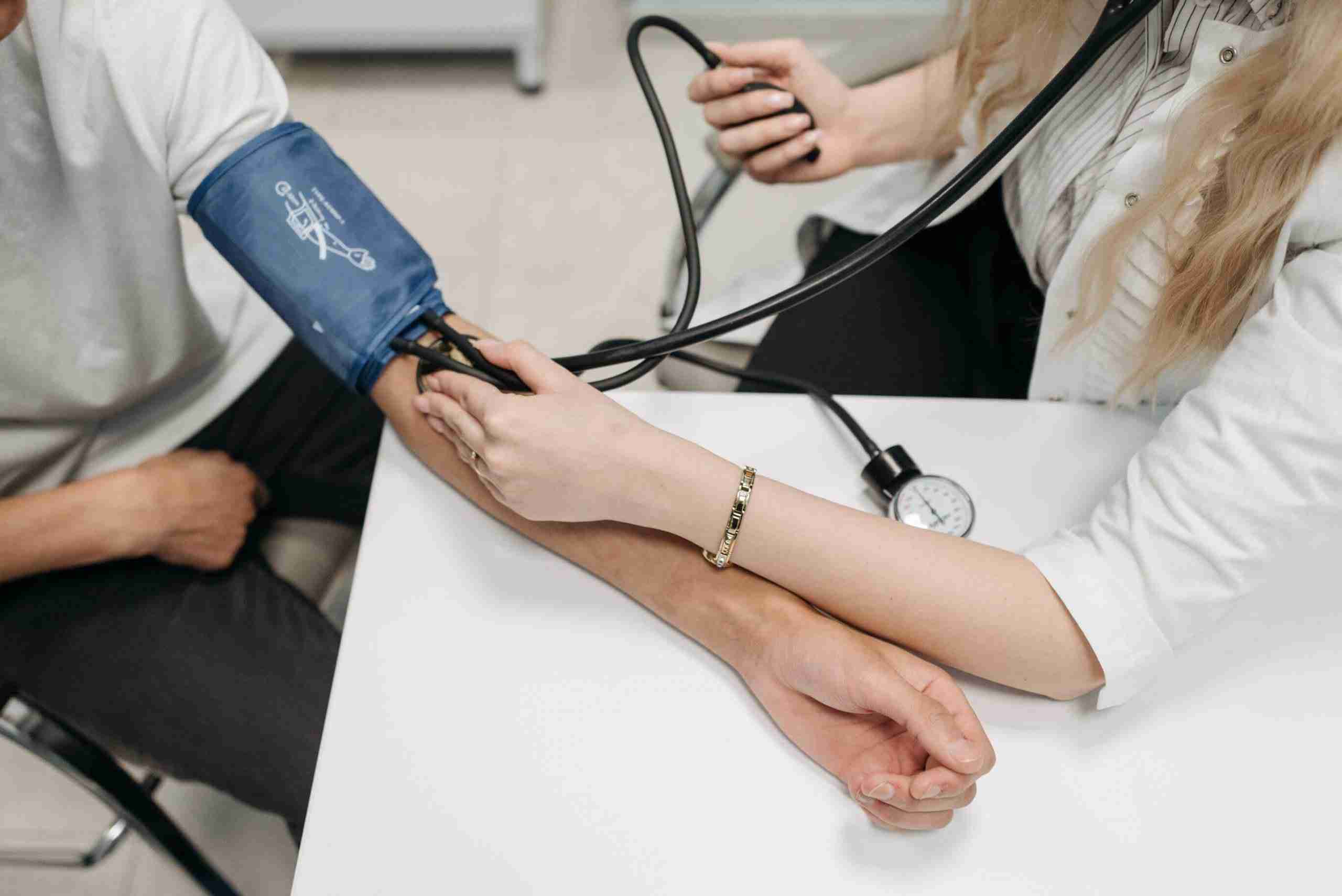Whether you’ve just begun or you’re a seasoned Calcium client, you have probably entered information and received a HealthIndex score. This feature connects to a device, uploading your biometrics. Pulling from 5 categories: Movement, Rest, Nutrition, Physical and Lifestyle/Behavior, a HealthIndex score is populated. The higher your score, the closer you move towards your optimal health!
If numbers, charts, and graphs make your eyes cross and head spin, don’t worry, because HealthIndex does all the work for you! Before you get too excited, you still need to take action on your own health improvements. It may feel overwhelming, but I am going to break down the sections for you, giving you some first steps to start moving that meter.
-
Movement: Getting started is always the hardest part. Yes, you may join a gym or hire a personal trainer, but that may not be realistic for your budget or schedule. If you are beginning to get active or reintroducing yourself to activity after a hibernation, here are some guidelines from the American College of Sports Medicine (ACSM).
The average person should spend about 150 minutes a week, performing a mild to moderate intensity aerobic activity. This could include a brisk walk with your dog, riding a bike or swimming (lazy rivers aside). In addition, once you get started, you could then slowly add a full-body strength workout twice a week (ASCM, n.d.). Exercise machines are a great tool to use for beginners. They offer the most stability and the instruction are on the machine to insure safe usage. Most fitness facilities will offer demos if you are unsure on how to use them.
-
Rest: When you’re busy adulting, sleep may be the last thing on your list of things to do. However, our bodies need sleep to recharge and focus on repair. If you are getting less than 7 hours of sleep a night, you may be feeling the effects of the deficiency. The CDC has created a guideline, by age to help you create the best bedtime for you and your family (CDC, n.d.)
Teens, need 8-10 hours of sleep. If you know a teen, do you think they are getting enough rest? Lack of sleep can lead to fatigue throughout the day. It may also lead to obesity, high blood pressure, heart disease, poor mental health, or early death.
So, create a sleep environment that is quiet, dark and a moderately cool temperature. Turn off electronics. You could diffuse some lavender as well as use a white noise machine or meditative music. Your body will thank you for it!
-
Nutrition: We all need to eat. Fuel is what allows our organs to function and our bodies to move. There are a lot of diets out there, many that require severe restriction of Calories. Any time we make major changes to our food intake, it is a good idea to have a physician, or a registered dietician assist you. This is especially important if you have underlying medical conditions.
Ace Fitness offers a great guideline for macronutrients. Your macros are the three main sources of energy for your body: Carbohydrates, Protein and Fat. For the average individual, the following is suggested (Ace Fitness, n.d.):
- Carbohydrates: 45-65% like whole grains, fruits, and vegetables
- Protein: 10-35% like legumes, lean animal meats and products like eggs
- Healthy Fat: 20-35% like nuts, avocados, and unsaturated oils
-
Physical: You may think we have already covered this topic with exercise, but this category tracks your biometrics. This includes blood pressure, blood glucose and body composition. Blood pressure ranges have changed in the past few years in order to catch hypertension earlier. According to the American Heart Association, ideal blood pressure would be below 120/80 (AHA, n.d.). Diet and exercise are two tools you can use to help lower your blood pressure. Reducing stress as well as limiting alcohol and quitting smoking can help you keep those numbers down. Some people need medications to control their BP. Keeping up on those medications and doctor appointments are important ways to take control.
Blood glucose is measured by checking your A1C and your blood glucose levels. Ideal numbers would be below 5.7% for the A1C (Diabetes.org, n.d.) and below 100 for your blood glucose (Cleveland Clinic, n.d.). If your numbers are creeping above those levels, you may need to take some steps to get them reduced. I know I sound like a skipping record, but diet and exercise can positively affect those numbers. And easy first step would be to reduced intake of refined sugars like sodas, white bread, and sweets. If the numbers are unable to be controlled in this way, your physician may prescribe meds to help you lower them.
-
Lifestyle/Behavior: This last category is all about your choices. Are you keeping up with your yearly physicals and following your medicine protocols? What is your consumption of alcohol and tobacco? Are you connecting to the app and earning those badges? These are daily decisions that may have a big impact on your health outcomes.
Tobacco is a heavy hitter. We all know smoking may cause cancer. Secondhand smoke may be as dangerous if not more. Smoking may increase your chance of developing type 2 diabetes, heart disease, stroke, and COPD. It can change the appearance of your hair and skin. Smoking may also increase your risk of dental issues (CDC, n.d.)
And for those who have switched to vaping, the jury is still out. Many vape flavors have several chemicals to produce that flavor. Sorry, but birthday cake is not a natural tobacco flavor. Other chemicals are used to make the liquid able to vaporize and make its way to your lungs. Formaldehyde is a concerning ingredient. Bottom line, we don’t have enough research to know the long-term effects of vaping. The major medical systems are saying it’s not a great idea, so it would be advised to quit this as well (Hopkins Medical, n.d.)
Making positive health changes is a lifelong journey. Knowing where to start and how to keep going may feel overwhelming at times. Utilizing HealthIndex is a great way to see all of your hard work in one place. You will be motivated as you track you progress and begin seeing the results; whether it’s a better night sleep, reduced stress, or making healthy food choices. Calcium is here to be your partner along the way. You are not alone!
References
- Ace Fitness. (n.d.). How to Determine the Best Macronutrient ration for your goals. Retrieved from Ace Fitness: https://www.acefitness.org/resources/pros/expert-articles/5904/how-to-determine-the-best-macronutrient-ratio-for-your-goals/
- AHA. (n.d.). Blood Pressure Readings. Retrieved from AHA: https://www.heart.org/en/health-topics/high-blood-pressure/understanding-blood-pressure-readings?gclid=Cj0KCQjwma6TBhDIARIsAOKuANy88IPdiGn29shUG6DCiAynVl21w5BFWuSDN0PNF8kJ2Lu0qhLChrgaAvrUEALw_wcB
- ASCM. (n.d.). Physical Activity Guidelines. Retrieved from ACSM.org: https://www.acsm.org/education-resources/trending-topics-resources/physical-activity-guidelines
- CDC. (n.d.). Getting Enough Sleep. Retrieved from CDC: https://www.cdc.gov/sleep/features/getting-enough-sleep.html
- CDC. (n.d.). Tobacco Cessation. Retrieved from CDC: https://www.cdc.gov/tobacco/campaign/tips/diseases/index.html?s_cid=OSH_tips_GL0006&utm_source=google&utm_medium=cpc&utm_campaign=TipsRegular+2021%3BS%3BWL%3BBR%3BIMM%3BDTC%3BCO&utm_content=Tobacco_E&utm_term=tobacco+cessation&gclid=Cj0KCQjwma6TBhDIARIsAO
- Cleveland Clinic. (n.d.). Blood Glucose Test. Retrieved from Cleveland CLinic: https://my.clevelandclinic.org/health/diagnostics/12363-blood-glucose-test
- Diabetes.org. (n.d.). A1C. Retrieved from Diabetes: https://www.diabetes.org/diabetes/a1c
- Hopkins Medical. (n.d.). What Does Vaping Do to Your Lungs. Retrieved from Hopkins Medical: https://www.hopkinsmedicine.org/health/wellness-and-prevention/what-does-vaping-do-to-your-lungs

















